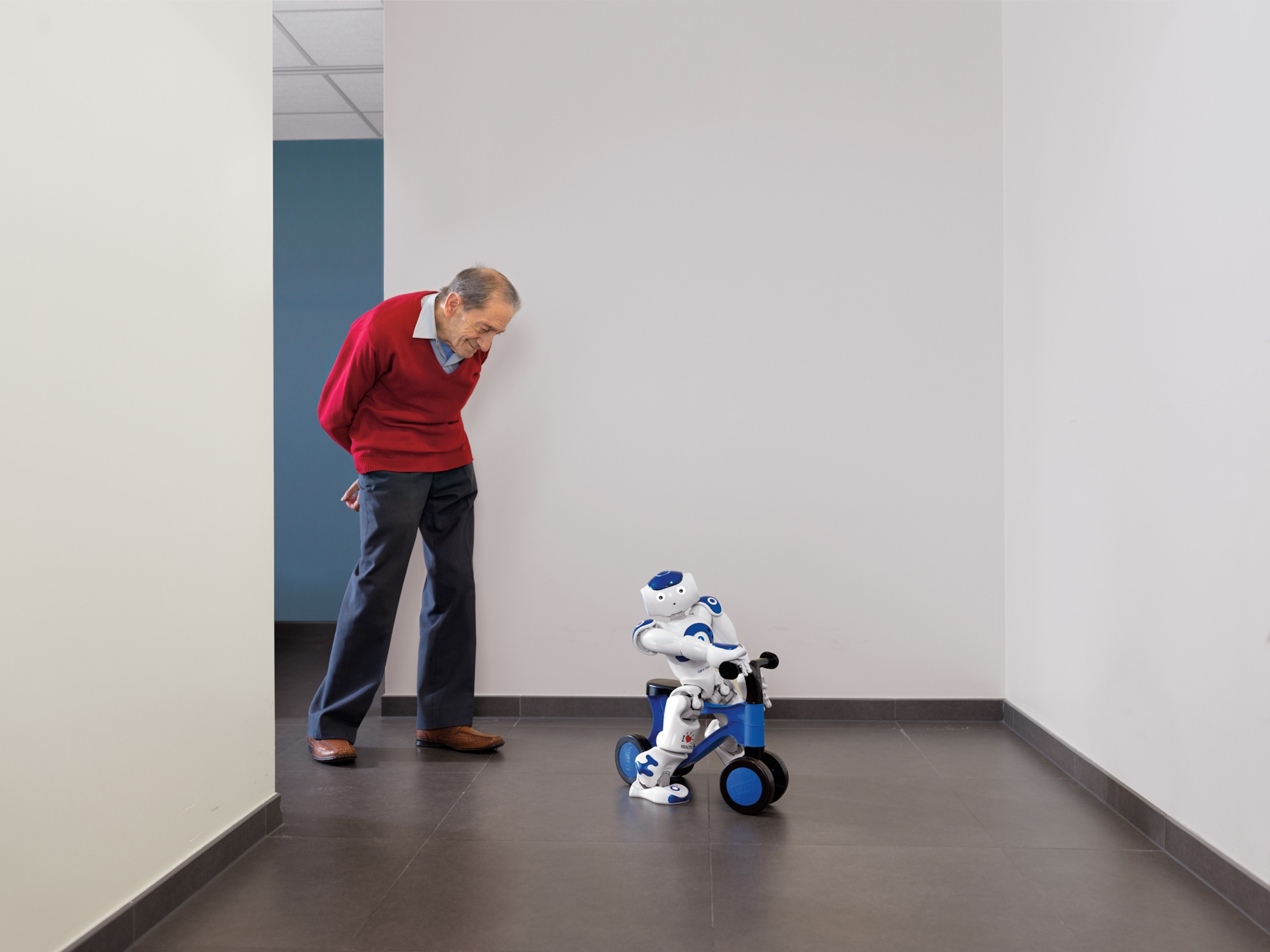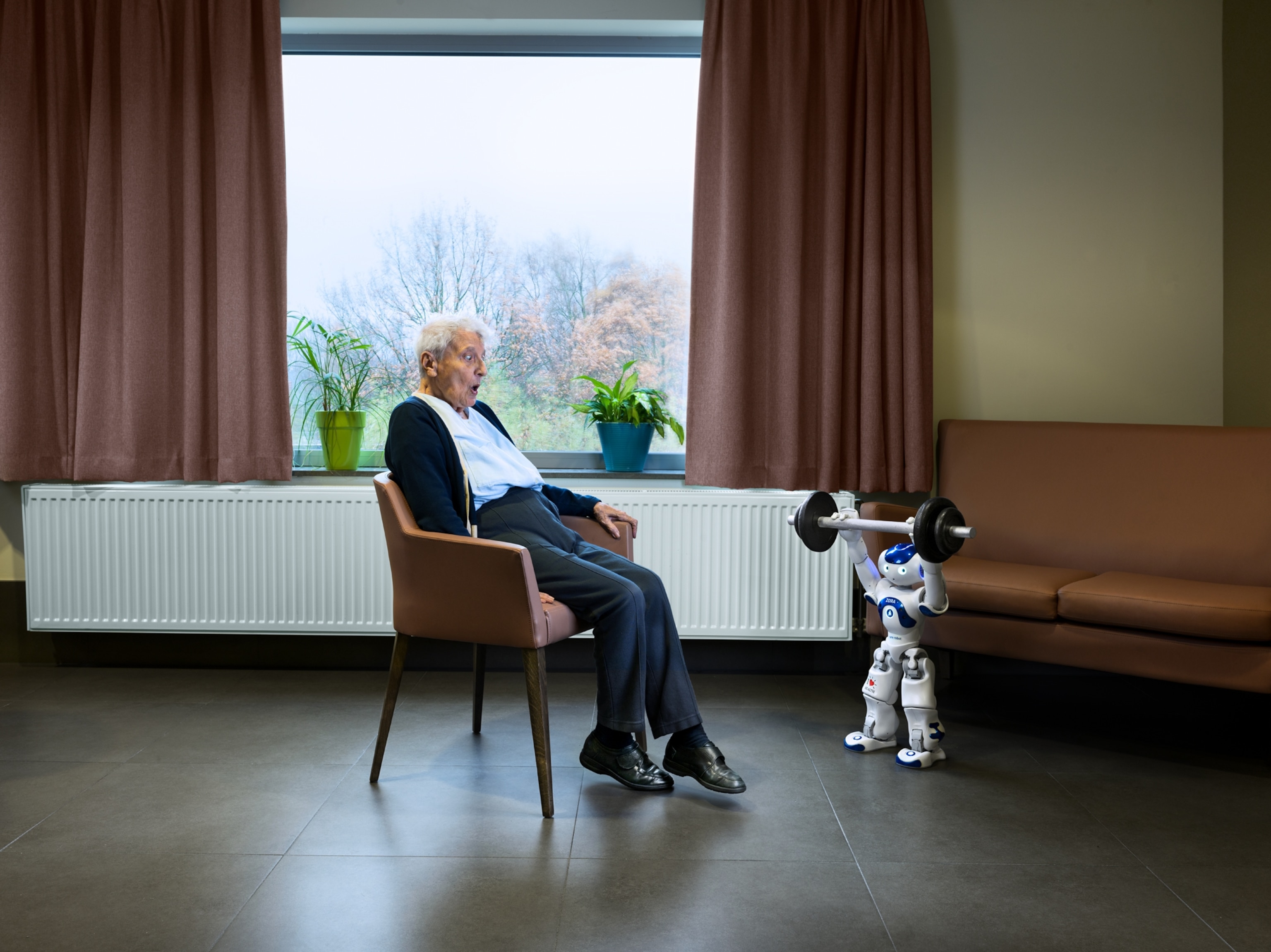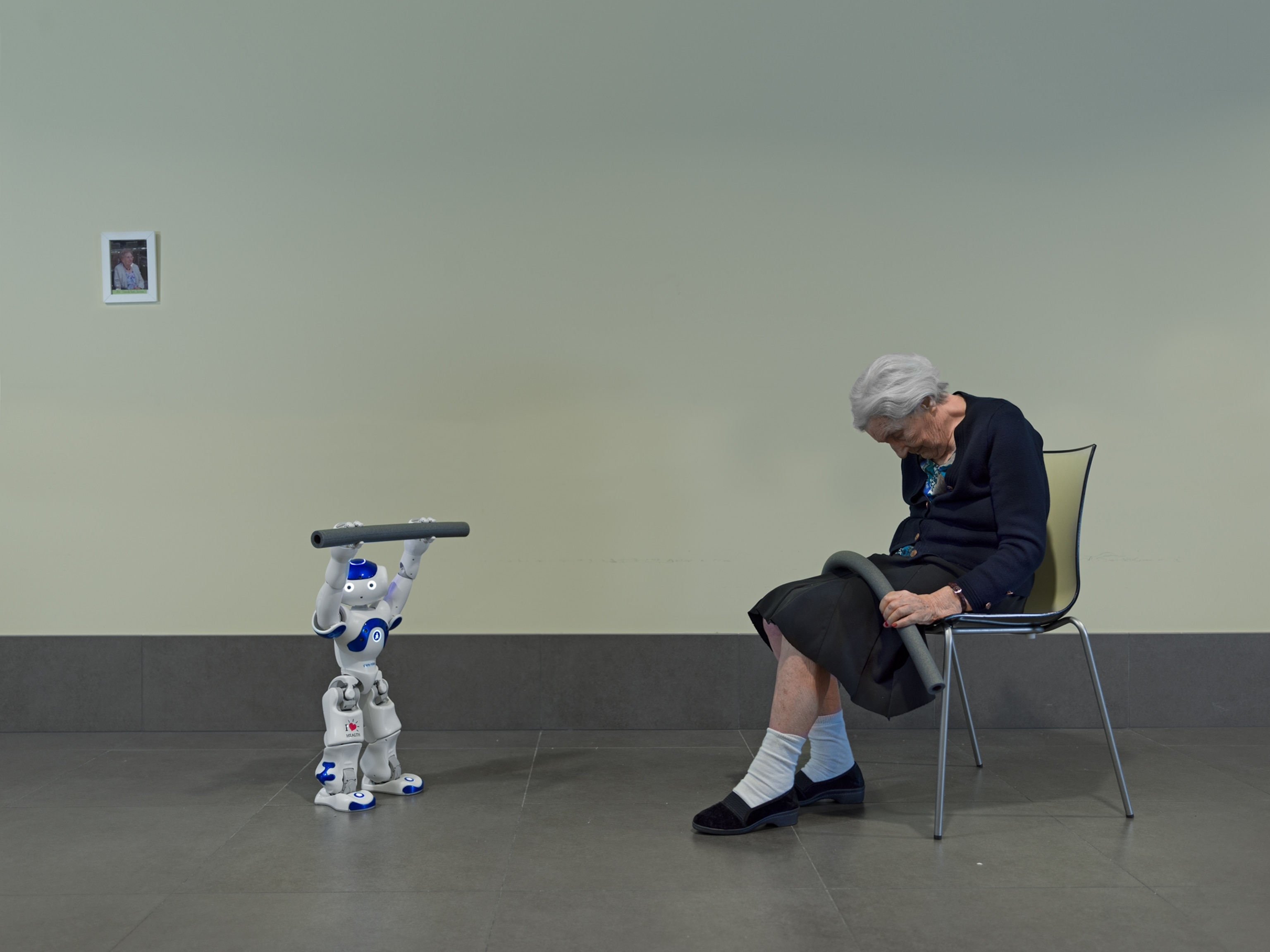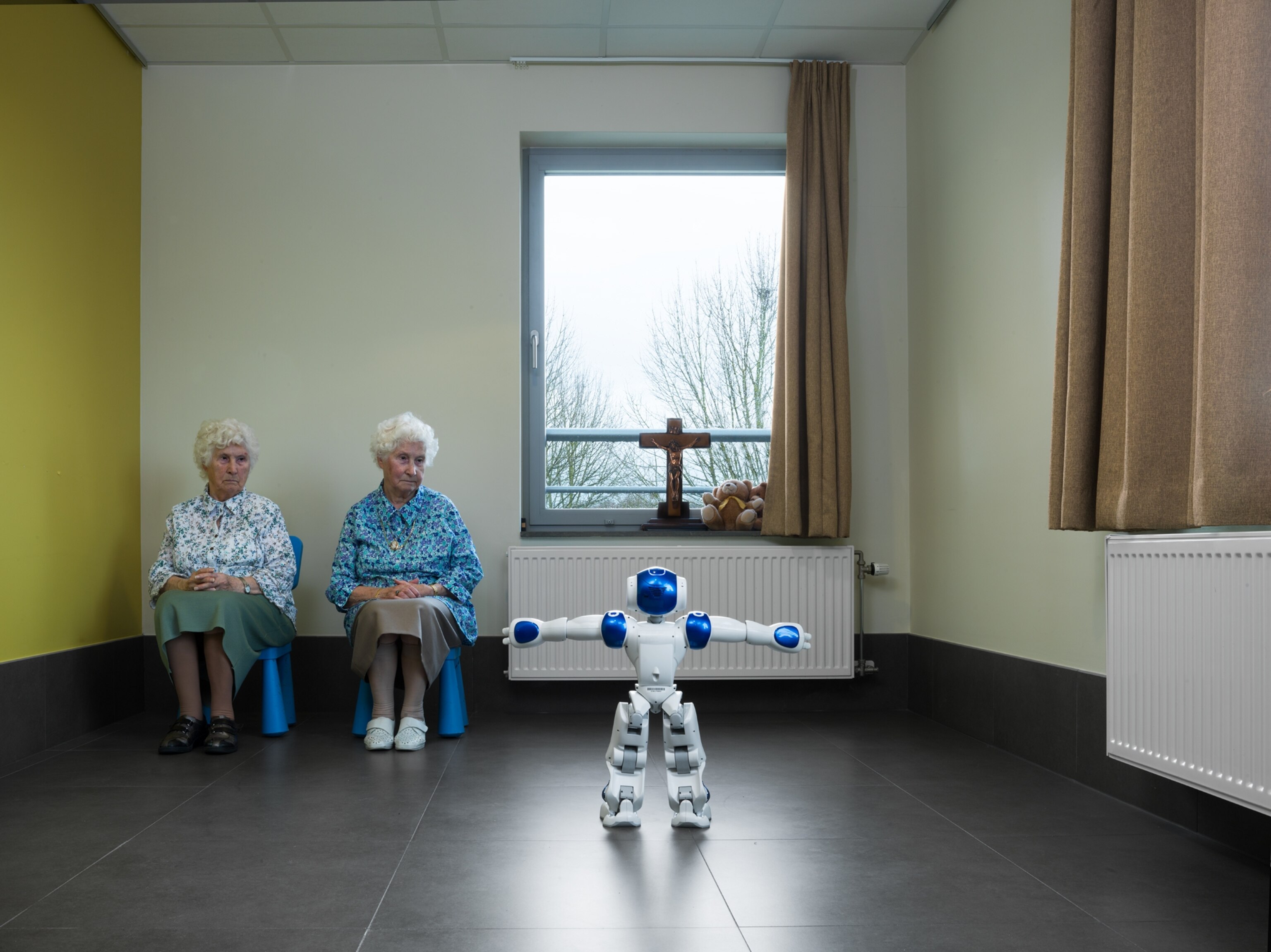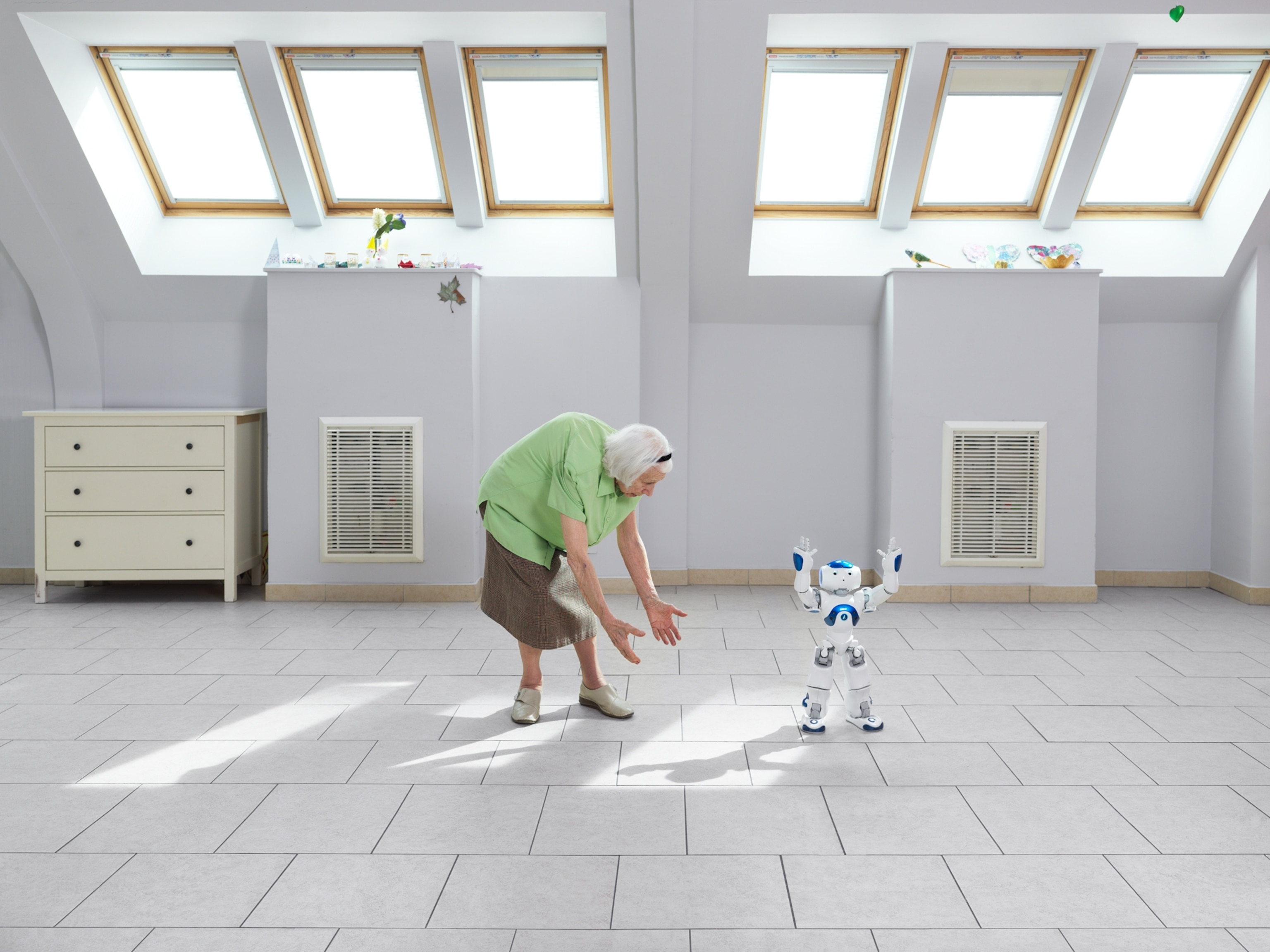Could a robot care for grandma?
In the future, machines could be programmed to assist and comfort the elderly—and help meet the escalating demand for caregivers.
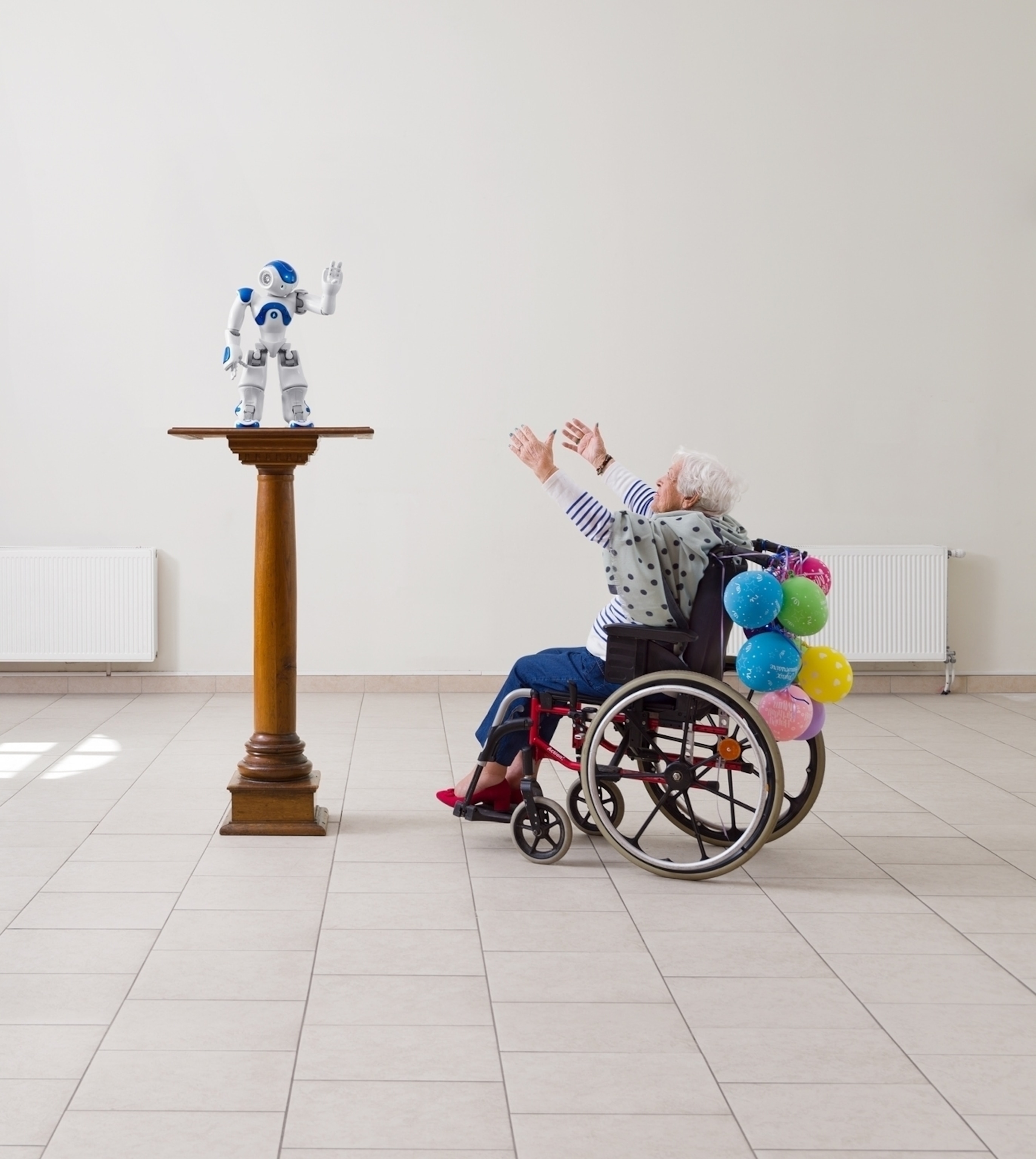
When Goldie Nejat began developing robots in 2005, she spent much of her time knocking on doors in hopes of demonstrating her high-tech prototypes. Back then, the health-care world was hesitant. “Now, it’s the opposite,” says Nejat, a professor of mechanical engineering at the University of Toronto. “I have people calling from around the world saying, When’s your robot going to be ready?”
Nejat’s machines, a special type known as socially assistive robots, are designed to engage with humans and could help fill an urgent need: caregiving for the elderly. The population of people over age 80 is projected to almost triple worldwide, from 143 million in 2019 to 426 million in 2050.
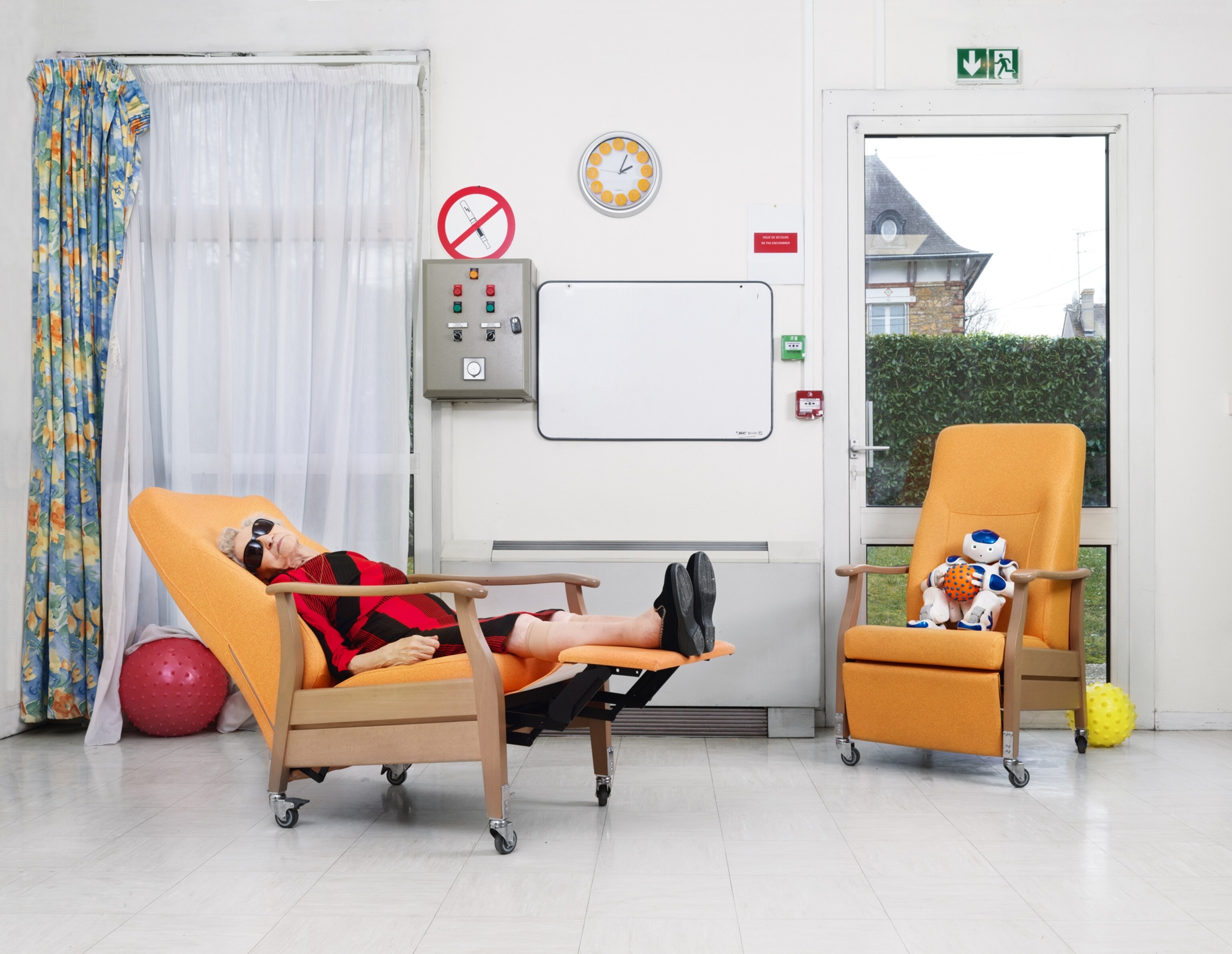
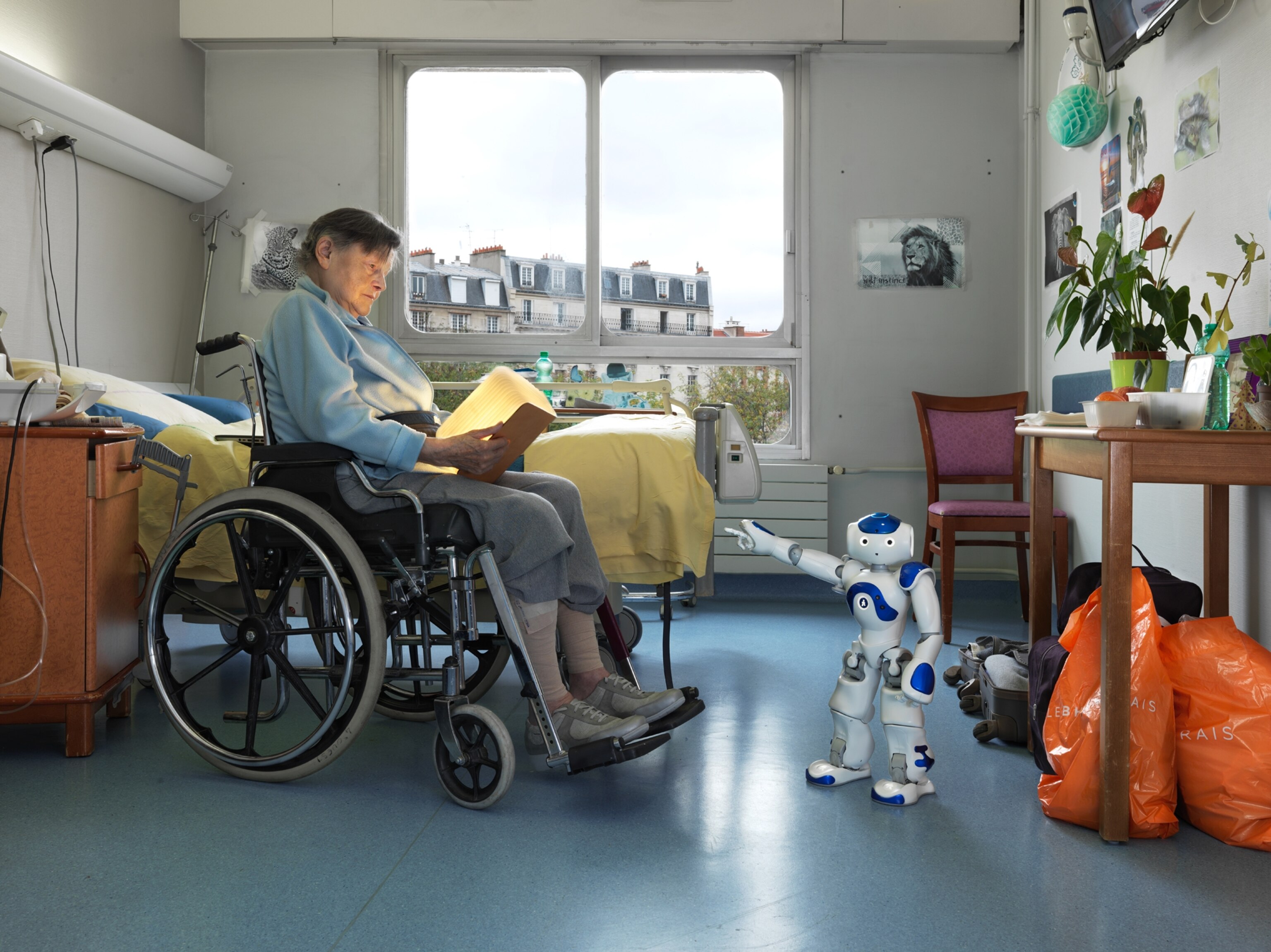
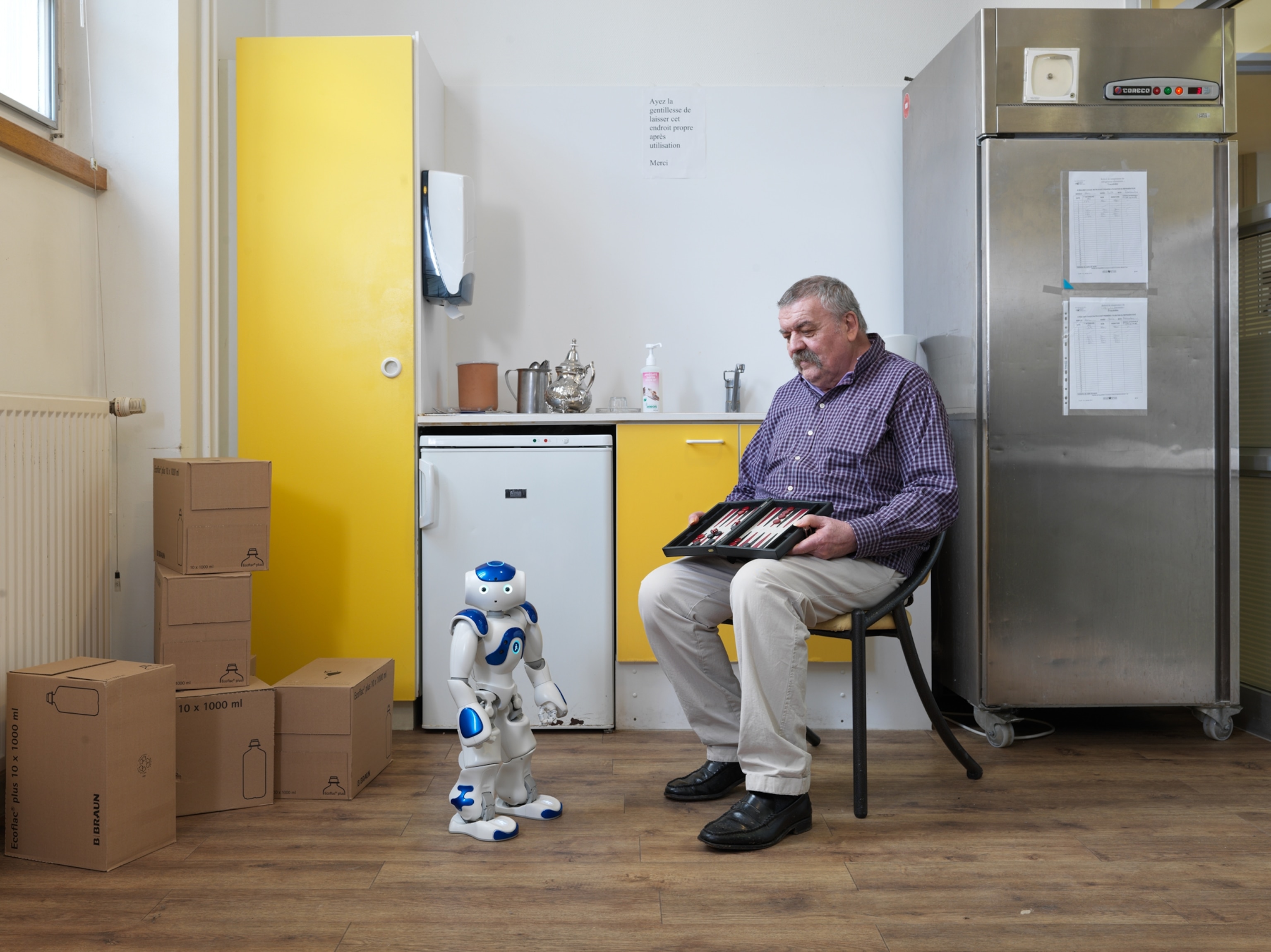
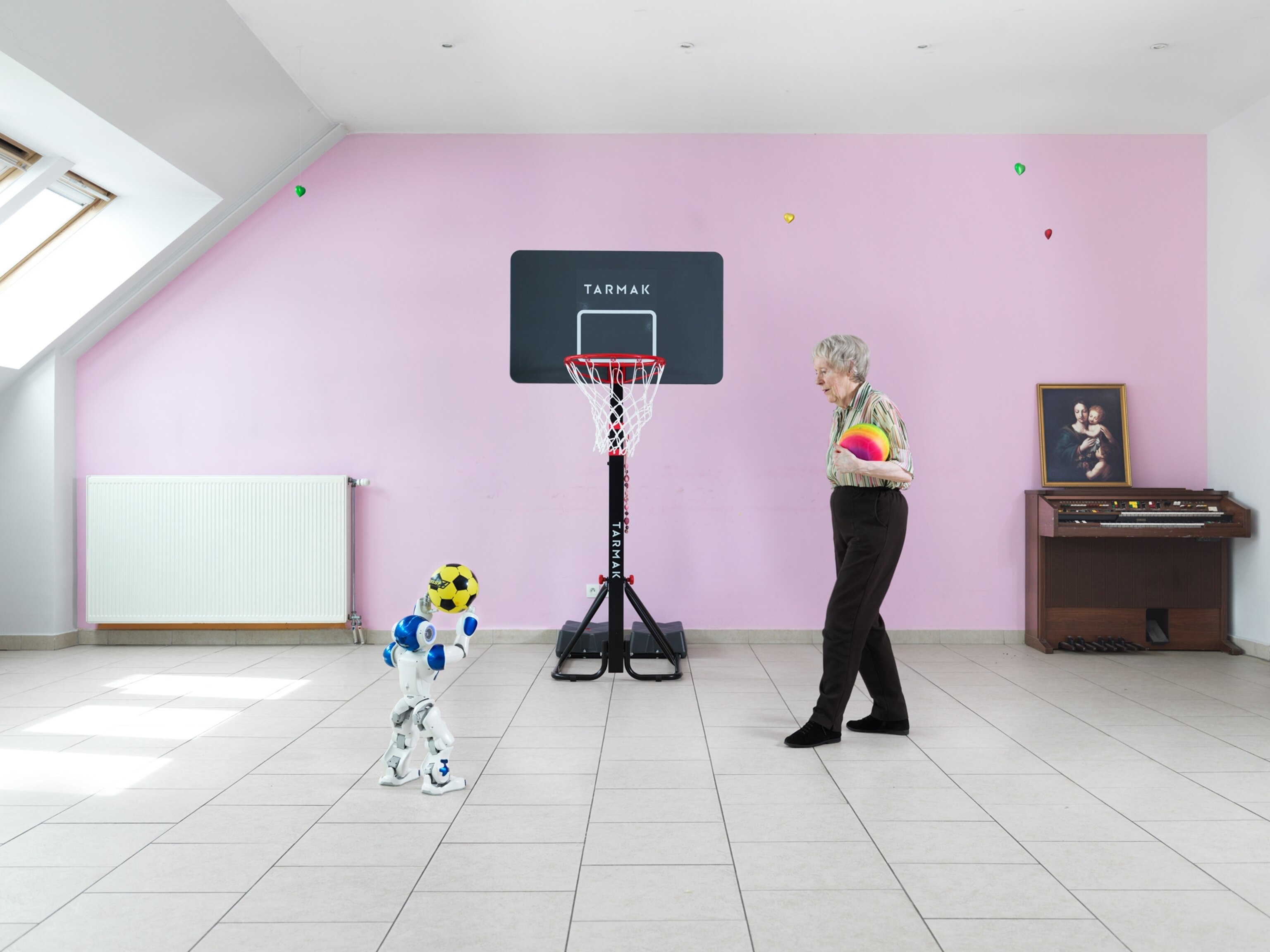
Such robots could be especially useful for patients with Alzheimer’s disease or dementia because the robots can be programmed to assist with everything from providing medication reminders to leading exercises. Nejat’s robots also can help run bingo and memory games to keep patients cognitively active.
Inspired by robots’ potential to help the elderly, French photographer Yves Gellie spent two years creating the award-winning 2019 film, Year of the Robot, which documents interactions between elderly people and social robots in long-term care facilities in France and Belgium. In the film Gellie and his assistant, Maxime Jacobs, humanize robots by allowing active engagement between person and machine. In scenes that appear futuristic, people play piano, dance, and even tearfully divulge secrets with their robotic companions.
After completing his film, Gellie embarked on a related photography project in which he asked some of the same subjects to imagine their dream scenario with a robot. What would they most like to do? In the images shown here, Gellie documented people’s interactions with robots after months of observation. The project was not intended to be therapeutic or to show the robots’ actual capabilities. Instead, it explored humans’ capacity to form relationships with machines.
Critics have worried that caregiving robots might eliminate human interaction and jobs. But the goal is to support human care, not replace it, says Brian Scassellati, head of Yale University’s Social Robotics Lab. He’s tested robots with a range of patients, and has found that daily interaction with robots can help children with autism spectrum disorder improve eye contact and social skills.
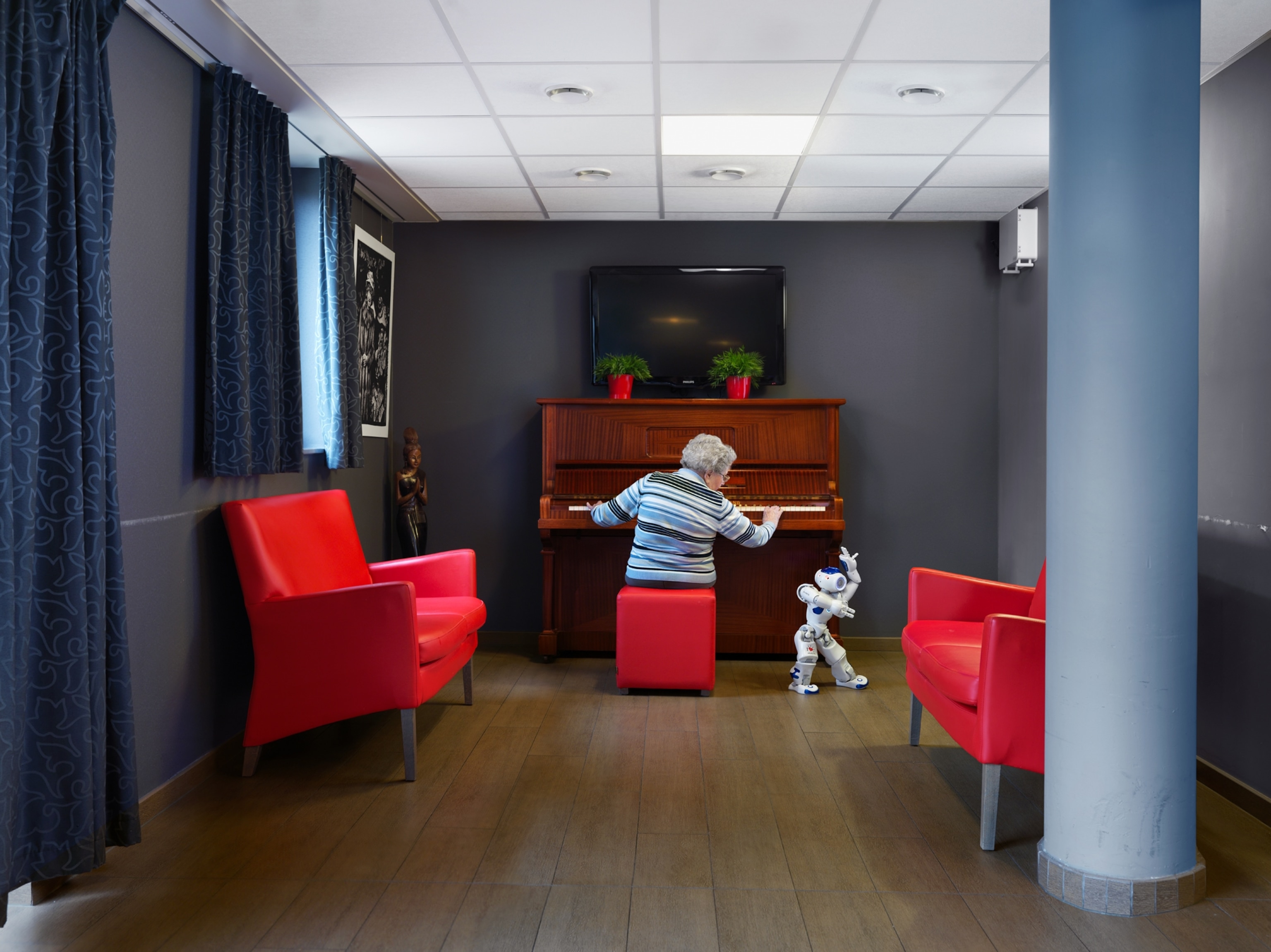
Cognitive psychologist Maribel Pino, executive director of the Broca Living Lab at the Broca Hospital (Greater Paris University Hospitals), one of the locations where pictures were taken, describes the engagement of the people photographed with the robots as authentic. After people spent time with a robot, many became attached to it.
As the field grows, scientists aim to better understand human-robot dynamics. Do robots offer an advantage because they aren’t judgmental? Is a lack of emotion helpful? Will patients lose interest?
One benefit is clear, Scassellati says: Robots can provide personalized, on-demand care—and the need for that will only increase in the future.
